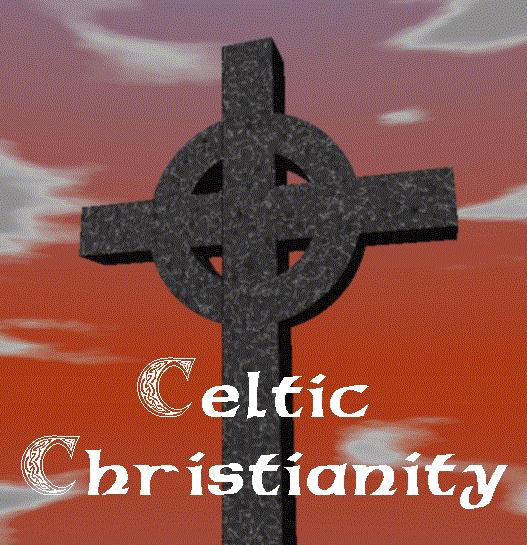Religious Undertones

Religious undertones can also be found in King Hrothgar's great speech to Beowulf. Hrothgar's reference to pride has a religious implication because pride is one of the Seven Deadly Sins in Christian teachings. He advises Beowulf not to allow his pride to swell within him, as this may cause his downfall. The Christian religion also teaches that pride can cause man's downfall because it is a mortal sin.
Christian references can be seen in the story of King Heremod. One of the reasons that Heremod is considered an evil King is because he does not give gifts to his people. The giving of alms to the poor is an important part of Christian religion because in the Bible it states that "each man should give what he has decided in his heart to give, not reluctantly or under compulsion, for God loves a cheerful giver" (2 Corinthians 9:6) .
Pagan elements can also
be seen in this passage from Beowulf, because although Beowulf credits
his success to God he also attributes part of it to Wyrd,
or fate. Wyrd is a pagan belief that is summed up in this famous quotation:
"fate often saves an undoomed man when his courage is good"
(34).
Although Beowulf's success is mostly attributed to God one cannot overlook
the fact that during this time period, wyrd, or fate, would also have been
taken into consideration.
Other evidence supporting allusions to paganism can be seen in all of the references to monsters throughout the epic. The giants and devils that are found in this passage definitely do not come from Christian beliefs.

